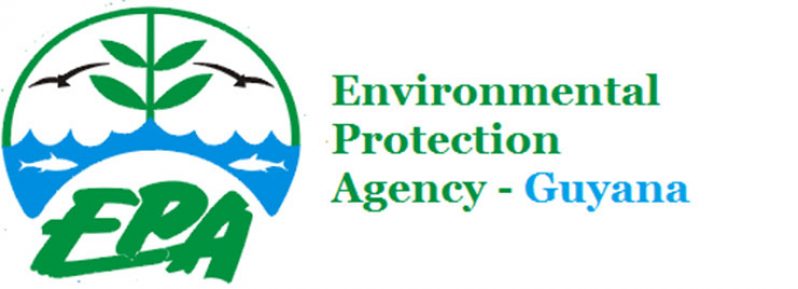IN A world of convenience, many persons use plastic straws, plastic cups, plastic spoons, forks, knives, plastic food containers, plastic bags or plastic bottles on a daily basis. More often than not, these items are disposed of after just a few minutes of being in use. Have you ever thought about what happens after they are disposed of? I guess you have an idea because you see them sometimes in the drains or on the road or in garbage heaps. Are you aware that the single-use plastics we discard doesn’t simply disappear when they are thrown out? Rather, they persist in the environment for a very long time; in most cases, hundreds of years.
These “single-use” plastic items account for more than 7000 tonnes of solid waste discarded annually at the Haggs Bosch Landfill, according to the Mayor and City Council 2016 statistical data. Each year about 8.8 million tonnes of the world’s discarded plastic flows into the ocean.
While it is an indisputable fact that plastics play an important role in our economy and daily lives, the way it is currently produced, used and discarded harms the environment; it has created one of the greatest environmental challenges of our generation. Now we see the consequences of our irresponsible use, improper waste management, limited recycling, and disregard for the environment and ecosystems.
Plastics are Non-Biodegradable
Whether plastic is discarded in landfills or in the environment, it can take hundreds of years to decompose; and this is the key issue – synthetic materials such as plastics contain chemicals which are designed to make them take longer to decay. A plastic fork used for 15 minutes can take 450 years or more to decompose. What makes it even more challenging is the combination of plastic with other materials and the various types. The main differentiation is:
1. Macro-plastics such as bags, cigarette filters, bottles, caps, food containers, straws are the most visible form of plastic pollution.
2. Micro-plastics are the bits smaller than one-fifth of an inch.
SPUs and wildlife
World Wildlife Day will be celebrated on March 03, 2020, under the theme “Sustaining all life on Earth”. It is a time to celebrate the immense value of wildlife and to take stock of our unsustainable practices which are accelerating biodiversity loss. Further, the United Nations have estimated nearly a quarter of all species are presently at risk of going extinct in the coming decades if we don’t take action. Guyana has a myriad of species which are crucial to sustaining life on Earth and in joining the fight against biodiversity loss, the country has made significant strides; however, much more still has to be done. The proposed ban on some single-use plastics items in 2021 is one further step to protect our wildlife and the environment.
Impacts on wildlife and the environment
One of the most appalling single-use plastics facts is that 91 percent of the plastic is not recycled. Rather, it’s burnt, sent to landfill, or makes its way into our waterways and eventually the ocean. On land, plastic waste pollutes the water; clog our drains; contributes to flooding, and make us vulnerable to mosquito-borne diseases; endangers wildlife; consumed by animals like cows, goats and pigs; making its way into our food chain and puts human health at risk.
Birds usually confuse shreds of plastic bags for food and end up eating the toxic debris. Plastics that are discarded in the ocean are consumed by fish, ultimately transferring it up the food chain to marine mammals and eventually, to humans. World Wildlife Fund (WWF) claims that a person could be consuming 5 grams of plastic a week. Plastic kills an estimated 1 million sea birds every year and affects around 700 species which get infected by ingesting plastics.
So let’s remember plastic never goes away, plastic affects human health, plastic spoils our ecosystem, plastic attracts other pollutants, plastic threatens wildlife, and plastic poisons our food chain. Join us in our series of articles as we continue to examine SUP and some of the sustainable alternatives.




.png)









